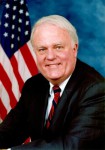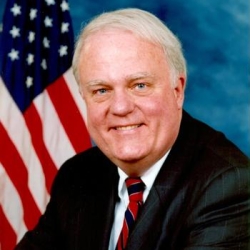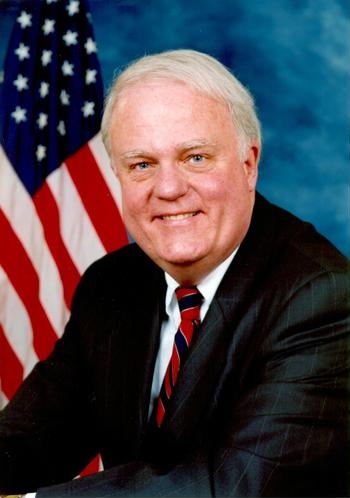Sensenbrenner Joins Wisconsin Delegation in Standing up for Patient Access
Wisconsin delegation requests increased patient access to oropharyngeal strengthening therapy.
Washington, D.C. – Today, Representative Jim Sensenbrenner, along with Representatives Mark Pocan, Reid Ribble, Gwen Moore, Ron Kind, Sean Duffy, and Glenn Grothman, sent a letter to the Centers for Medicare and Medicaid Services’ Acting Administrator Andrew Slavitt requesting increased patient access to oropharyngeal strengthening therapy.
This type of therapy would benefit individuals with various conditions and diseases, improve quality of life, provide efficient patient care, and offer cost savings to the American healthcare system.
Congressman Sensenbrenner: “When gaps in care or methods to increase the quality of care are discovered, it’s our responsibility to pursue efficient and cost effective solutions that will benefit individuals and improve our overall healthcare system. Patient access to oropharyngeal strengthening therapy is one such solution, and I look forward to hearing from Administrator Slavitt on how to move forward.”
Full text provided below:
Dear Administrator Slavitt:
We are writing to urge the Centers for Medicare and Medicaid Services (CMS) to ensure access to oropharyngeal strengthening therapy for individuals with Parkinson’s disease, head and neck cancers, those who have suffered a stroke, and others who have swallowing disorders.
Several peer-reviewed clinical studies report that systematic strengthening of oropharyngeal muscles is an effective and well-accepted therapy for treating dysphagia. Outcomes from these studies included reduced aspiration, progression to a regular diet, ending use of a feeding tubes, and cost savings to the healthcare system.
It has been brought to our attention that there is a pending application for separate, unique Healthcare Procedure Coding System (HCPCS) codes for swallow rehabilitation systems and their accessories. We understand that without these distinct HCPCS codes, patients cannot be assured access to the medical devices that provide this rehabilitation therapy in their homes.
Therefore, we ask that CMS continue to work with all stakeholders to address this national healthcare policy imperative and give full and fair consideration of the swallowing rehabilitation therapies’ applications for new HCPCS codes.
We look forward to your response.
Sincerely,
James Sensenbrenner, Jr.
Member of Congress
NOTE: This press release was submitted to Urban Milwaukee and was not written by an Urban Milwaukee writer. While it is believed to be reliable, Urban Milwaukee does not guarantee its accuracy or completeness.























